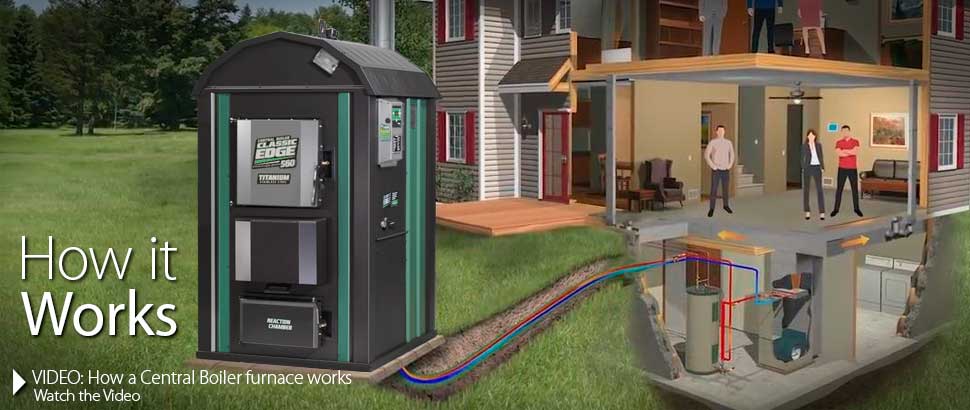Outdoor Wood Burning Furnace Installation: Essential Aspects to Consider
Installing an outdoor wood burning furnace can be an economical and environmentally friendly way to heat your home. However, it's essential to plan and execute the installation process carefully to ensure safety, efficiency, and longevity.
1. Site Selection and Preparation
Choose a well-drained area with ample space for the furnace and its components. Clear the site of vegetation and debris. Consider the prevailing wind direction and potential hazards like trees or power lines.
2. Furnace Selection and Sizing
Determine the heating capacity required for your home. Consult with a professional to select a furnace that meets your needs and the size of your dwelling. Consider the fuel type (wood, pellets, or both) and the efficiency rating.
3. Fire Safety Precautions
Install a heat shield or non-combustible surface beneath the furnace. Maintain a safe distance from nearby structures and combustibles. Install a smoke detector and carbon monoxide detector in the area. Keep a fire extinguisher nearby for emergencies.
4. Plumbing and Electrical Connections
Connect the furnace to a water source for the heat exchanger. Install a backflow preventer to prevent contamination. Wire the furnace according to the manufacturer's instructions, ensuring proper grounding and circuit protection.
5. Chimney Installation
Install a properly sized and insulated chimney that meets local building codes. Ensure it extends sufficiently above the roofline and is capped to prevent backdrafting. Use a triple-wall insulated chimney for optimal efficiency and safety.
6. Regular Maintenance and Inspection
Regularly clean the furnace and chimney to prevent buildup and maintain efficiency. Inspect the furnace annually for any damage or wear. Consider hiring a professional for thorough maintenance and cleaning.
7. Legal Requirements and Permits
Check with local authorities for any permits or inspections required for the installation. Some areas may have specific regulations regarding wood burning furnaces and chimneys.
8. Fuel Storage and Handling
Store firewood or pellets in a dry and accessible location. Ensure the fuel is seasoned and split to the appropriate size for optimal combustion. Be cautious when moving and handling fuel to prevent spills or accidents.
9. Environmental Regulations
Consider any local or regional environmental regulations regarding wood burning. Certain areas may have restrictions on the type or amount of fuel allowed to be burned. Research and comply with applicable regulations to avoid penalties.
10. Insurance Considerations
Inform your home insurance provider about the installation of a wood burning furnace. This may impact your coverage and premiums. Obtain proper insurance to protect against any potential hazards or liabilities.

Outdoor Wood Burning Furnace Boilers From Madison Wi To E Iowa

Best Outdoor Wood Furnace Central Boiler

Forced Air Outdoor Wood Burning Furnaces And Boilers

Outdoor Furnaces Woodmaster

How Heat From A Central Boiler Outdoor Furnace Gets To Your Home Wood Furnaces Of Ohio Llc

Outdoor Furnace Installation Tips For Do It Yourselfers And Pros

Outdoor Wood Burning Furnaces How They Work

Outdoor Furnace Dealer In Jerseyville Il Midwest Steinacher S

How A Central Boiler Outdoor Wood Furnace Works

Wood Boilers Save Money But Irk Neighbors
Related Posts








